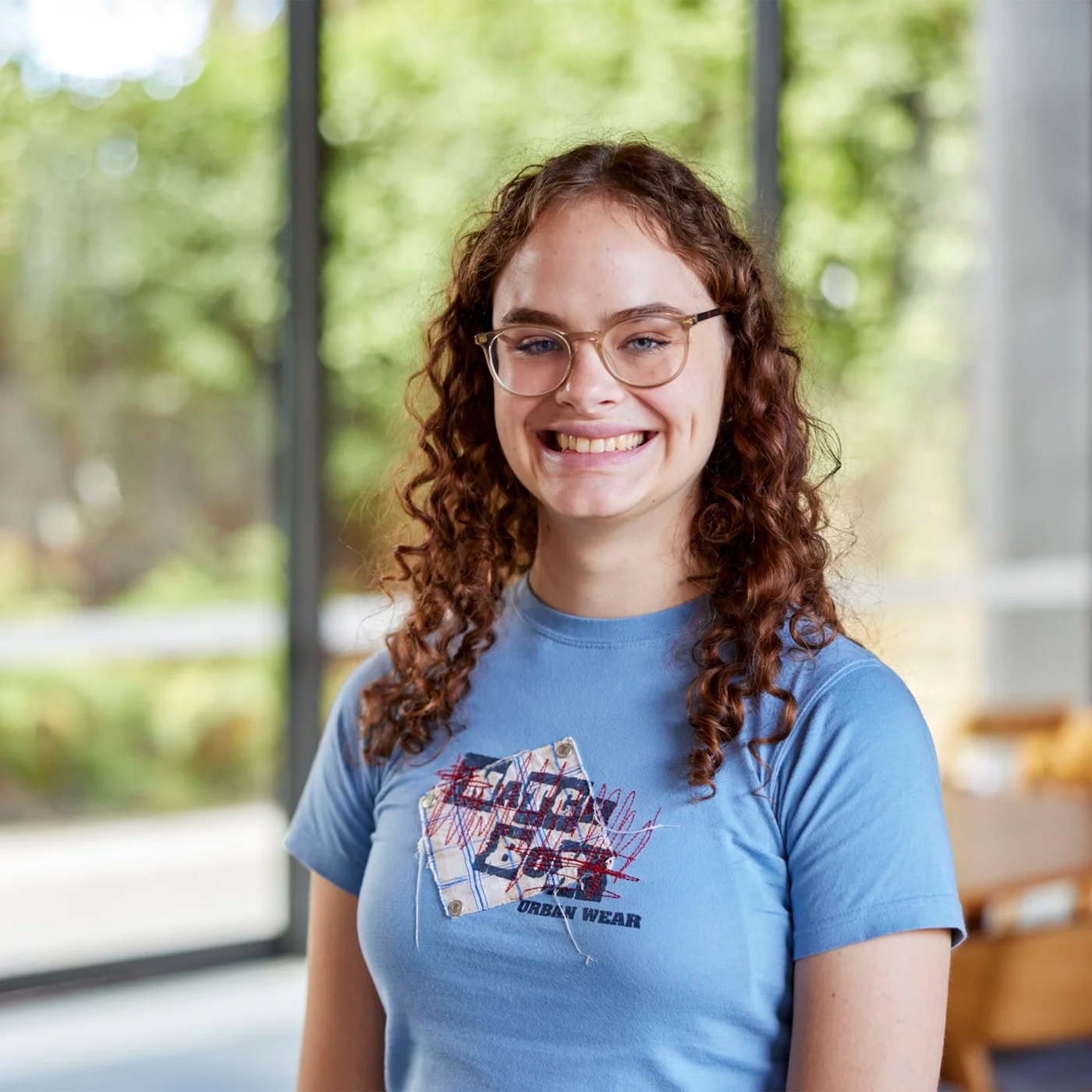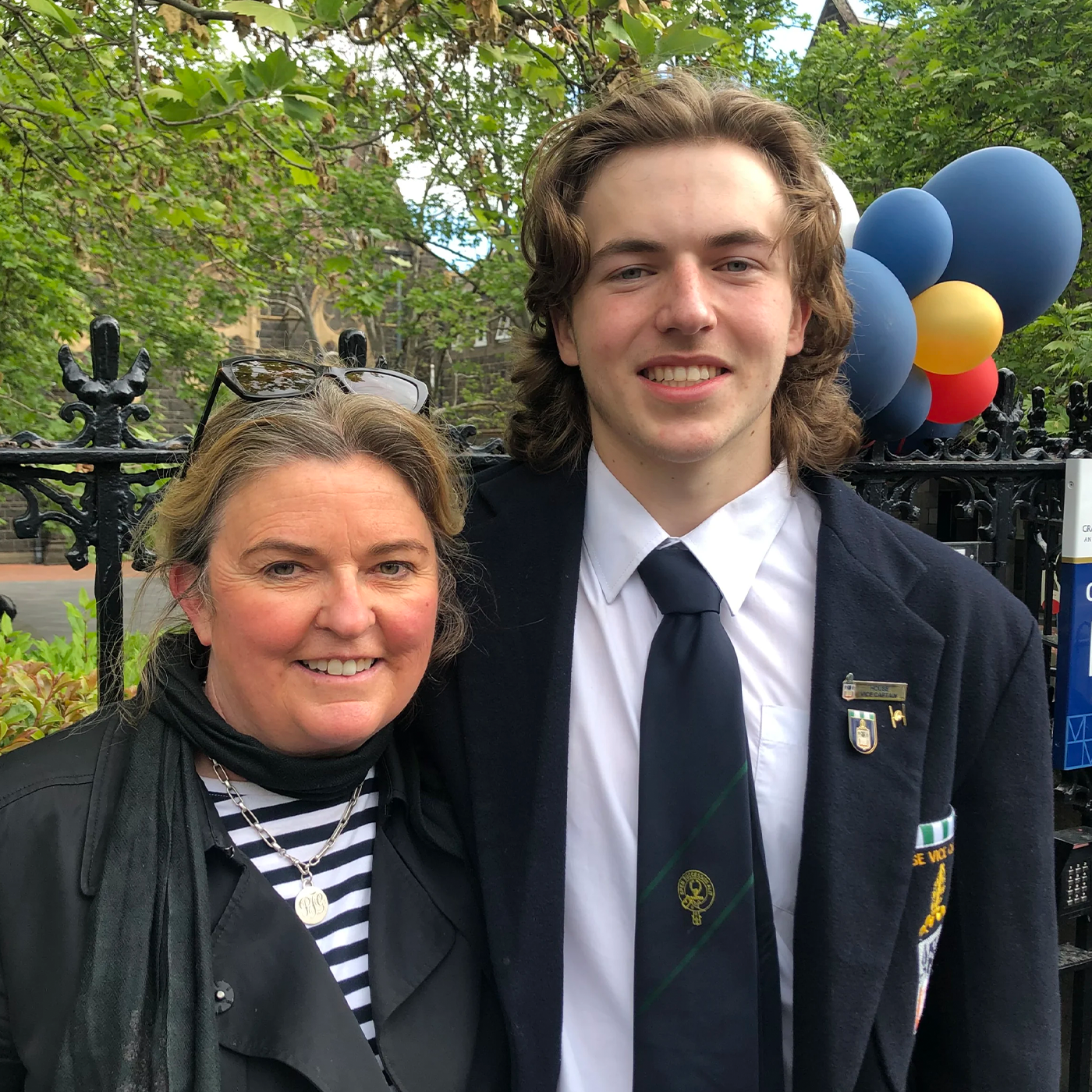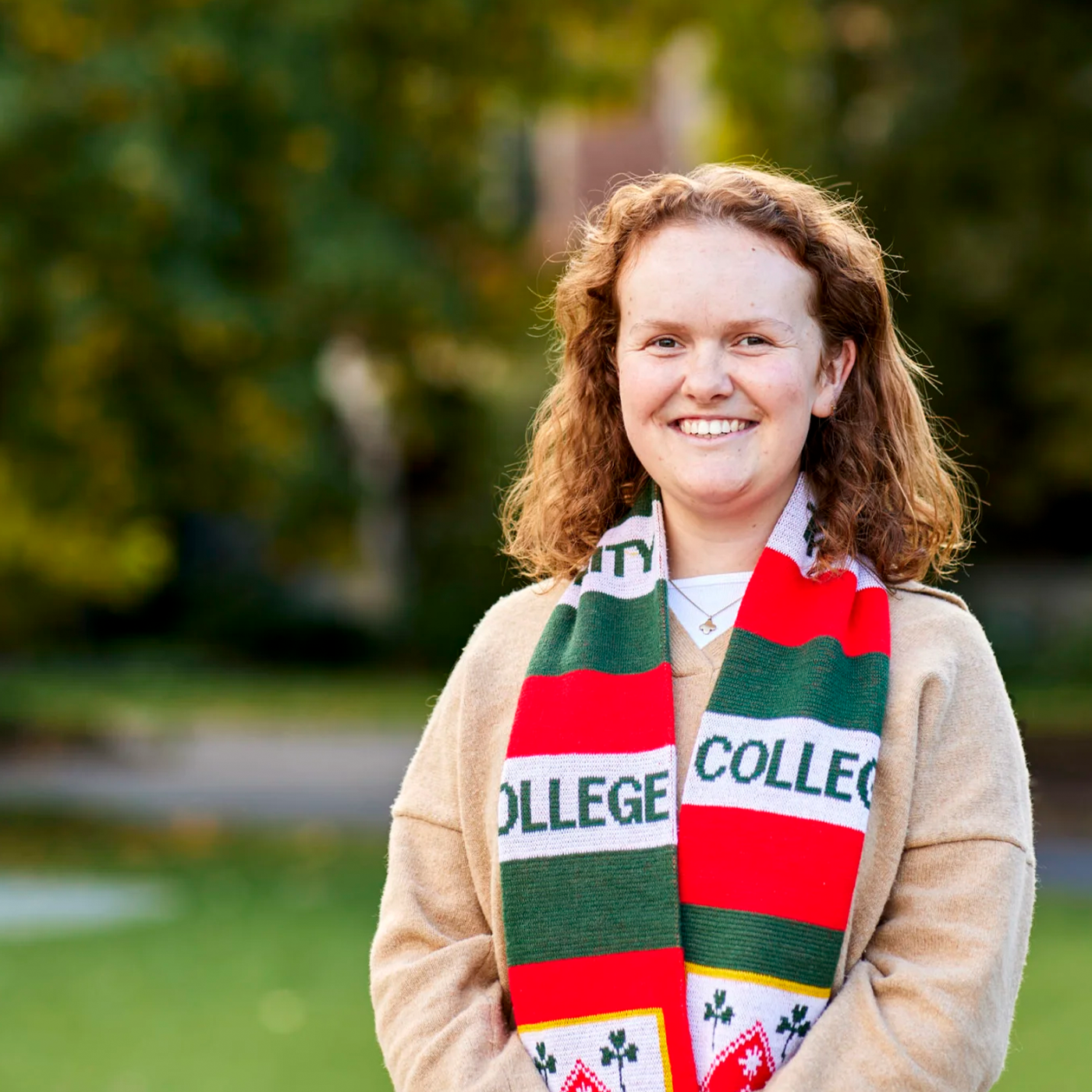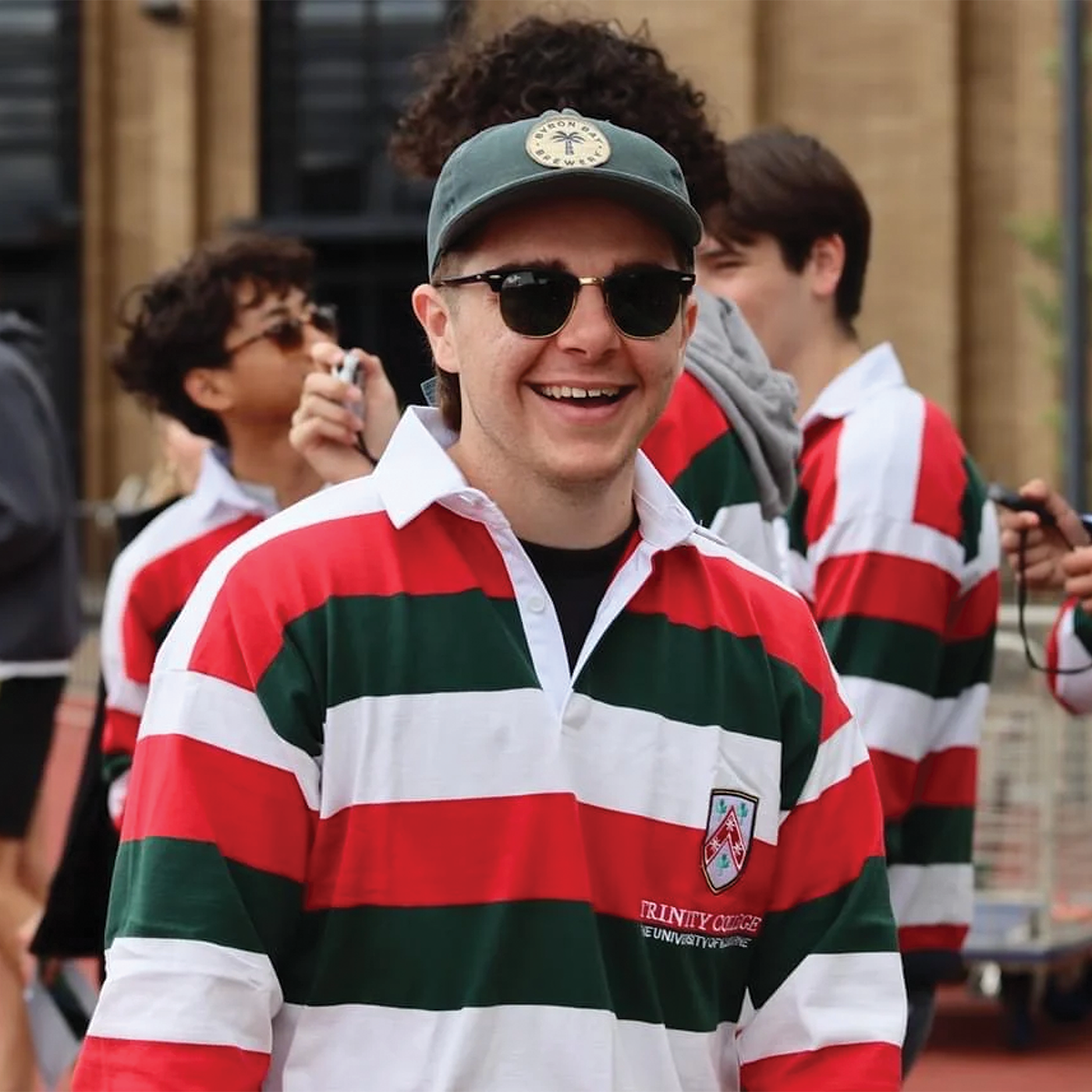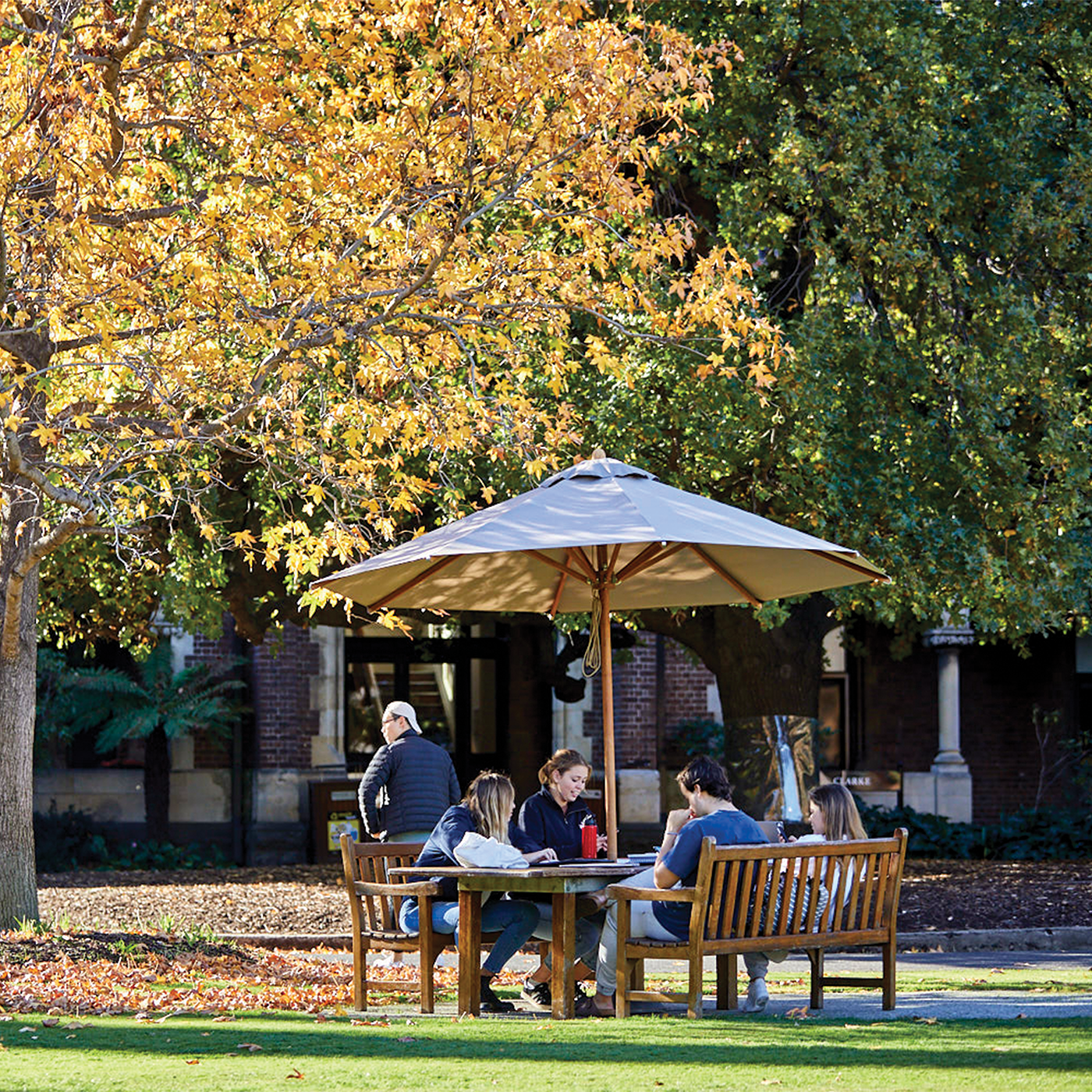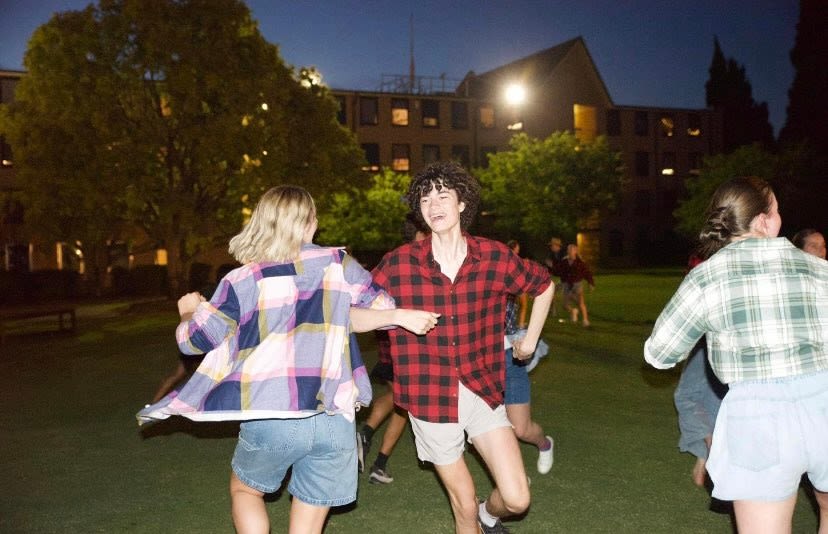

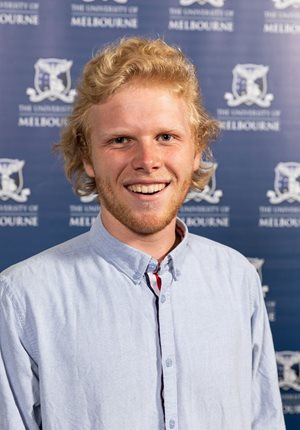 Where did you grow up?
Where did you grow up?
I was lucky enough to grow up on the Mornington Peninsula in Victoria and went to school at Woodleigh. Growing up, I had a real passion for learning new things and I think this desire to engage in continuous learning has stuck with me into university. I was obsessed with music at school, playing in nearly every ensemble I could physically be in. It got to the point that I was teaching myself new and obscure instruments, like the French horn, just so I could be in another ensemble! I have also always been really engaged in sport – I play tennis, do a lot of sailing, and since moving to Trinity in 2018 I have been playing hockey for the University of Melbourne (pre-lockdown).
However, one of my biggest passions is learning languages. For me, the joy of being able to communicate with people from different backgrounds is infectious. It is often said that there is no point learning a language as everyone is learning English, but everyone seems to forget the intrinsic understanding of culture that comes from learning a language. It’s simply impossible to separate the two. If we limit ourselves to only being able to communicate in English, we miss out on the rich subtleties of human interaction that are inherently linked to other cultures. My own language experiences have consisted of learning French throughout high school and continuing to study it at university. That said, one language has never been enough for me – I’ve dabbled in (with varying rates of success) Italian, Japanese, and now, I’m taking on Mandarin Chinese.
Let’s just say it has never been difficult to find things to fill my time with!
What are the requirements or skills needed in today’s society?
I think the workforce requires workers who are multi-skilled, and often in quite different areas. In my view, the number of jobs available in niche fields will decrease, forcing workers to re-skill quickly or face a lack of employment. In that sense it is becoming a juggling act between breadth of skills and the depth of experience in each.
How have you worked towards that in your degree and outside work?
I think my love of learning has really pushed me to strive for a high level of ability in many aspects of my personal and professional life. One of the most obvious examples of this is the progression of my course at university. I started in 2018 with a Bachelor of Music (Performance: Classical Voice) and a Diploma of French. However, after a year of being surrounded by all these amazing individuals at Trinity College – each taking different subjects – I realised that while I loved performing music and wanted to keep it up, I wanted to primarily pursue a more traditionally academic pathway (I say traditionally loosely).
So I transferred to a Bachelor of Arts with a double major in economics and international politics and picked up a Diploma of Music as well. With three degrees concurrently running from four very different faculties of the university, I am exposed to a huge variety of information and learning styles each semester. Yet for me, this crazy mix feels like it’s more reflective of real life than just specialising in something niche. Trinity has been a really important support network for me in balancing this study load – I’m always learning about exciting subjects to do from my friends and learning study tips and common pitfalls from older students. Also, being able to rant to someone struggling with the same subject as you is a cathartic experience.
My insatiable love of learning is also fed by the various extra-curricular tutorials and Fireside Chats at Trinity. I’m lucky these subjects were offered at College, otherwise I might have just changed my degree again at university to do them!
People sometimes look at me and say I’m wasting my time and won’t get anywhere with all these different subjects, but for me, it’s easy to step back and look at what doors this holistic education is opening up. A traditional background in economics opens up doors to more mathematical analytical roles in any workplace. My politics background is giving me a strong base in qualitative and quantitative analysis and an introduction to the important global systems I want to work in later in life.
While French is a passion for me personally (I love the people, culture, and boy oh boy, the wine and cheese), it opens up many doors to employment in overseas institutions, many of which I didn’t know existed prior to coming to the University of Melbourne and studying university-level French.
And finally, there is my music – I do it because, well, I love it. It might not get me anywhere, but the amount of personal satisfaction it gives to me and the creative outlet it generates outside of my academic workload is invaluable. I also like to think that behind every interesting person is an interesting hobby or passion. And music is mine.
I’m also fortunate enough to be working for Melbourne University Sport in marketing and graphic design. Design was another hobby of mine at school, and working hands-on for the University of Melbourne has given me the opportunity to pursue it further and gain professional experience without having to commit a whole degree to it. Although I don’t intend to work in the marketing industry, gaining experience in journalism and social media has grown my skill set enormously, and I know they will be very applicable skills in one of, if not all, the careers I find myself in down the track.
Where do you see yourself in the future?
I really hope to work in a dynamic and exciting field – something where I’m constantly being challenged by new things, whether it be new technology or new cases etc. While I like structure and routine, I’m not a monotonous person – I need exciting challenges in my life to keep me engaged. My dream role is to be involved in diplomacy or international relations, whether it be for DFAT or the United Nations or another government organisation.
Exactly how – and if – I end up there is still unknown, but my current plan is to study my master’s degree overseas in international security and political economy. I’m really inspired to use economic knowledge to help solve policy problems to create positive social change, instead of just perpetuating the flaws in our current system.
As told to Ian Coyukiat
Want to know more? Head to our apply page to register for a virtual tour webinar or to apply >>

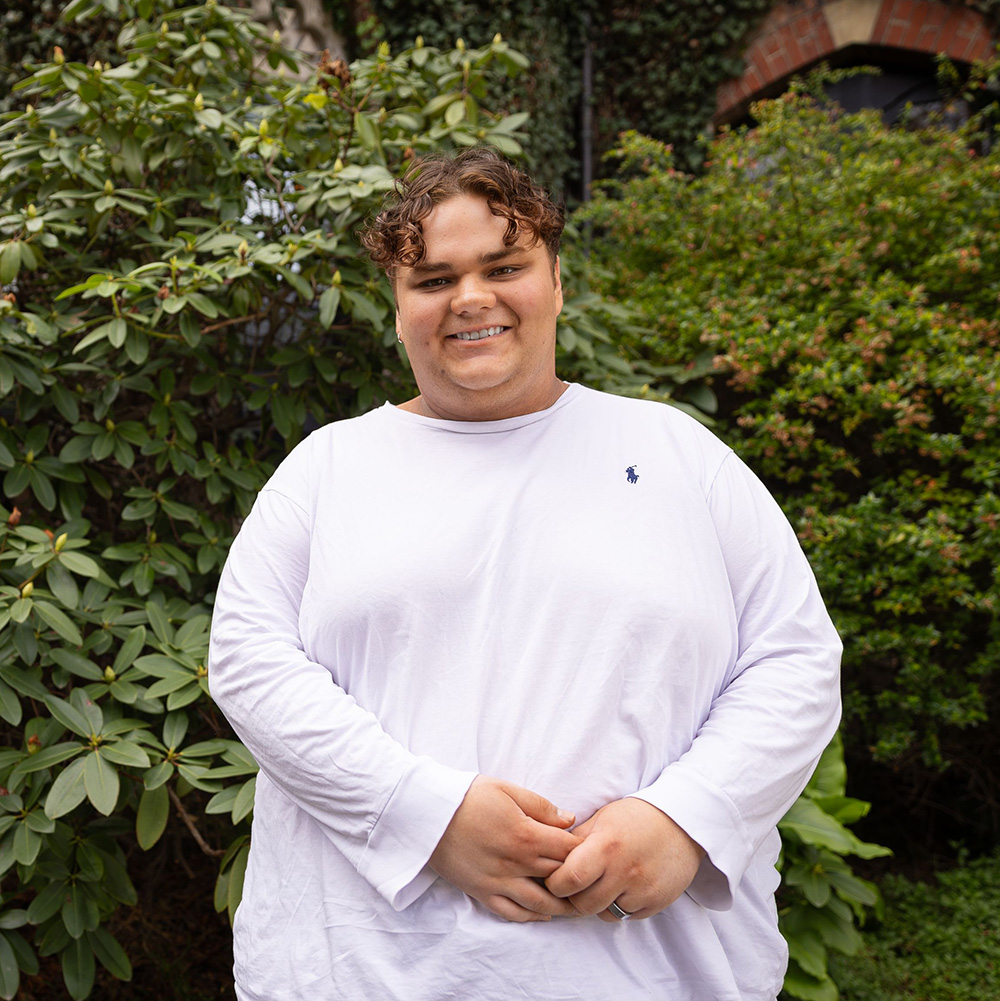
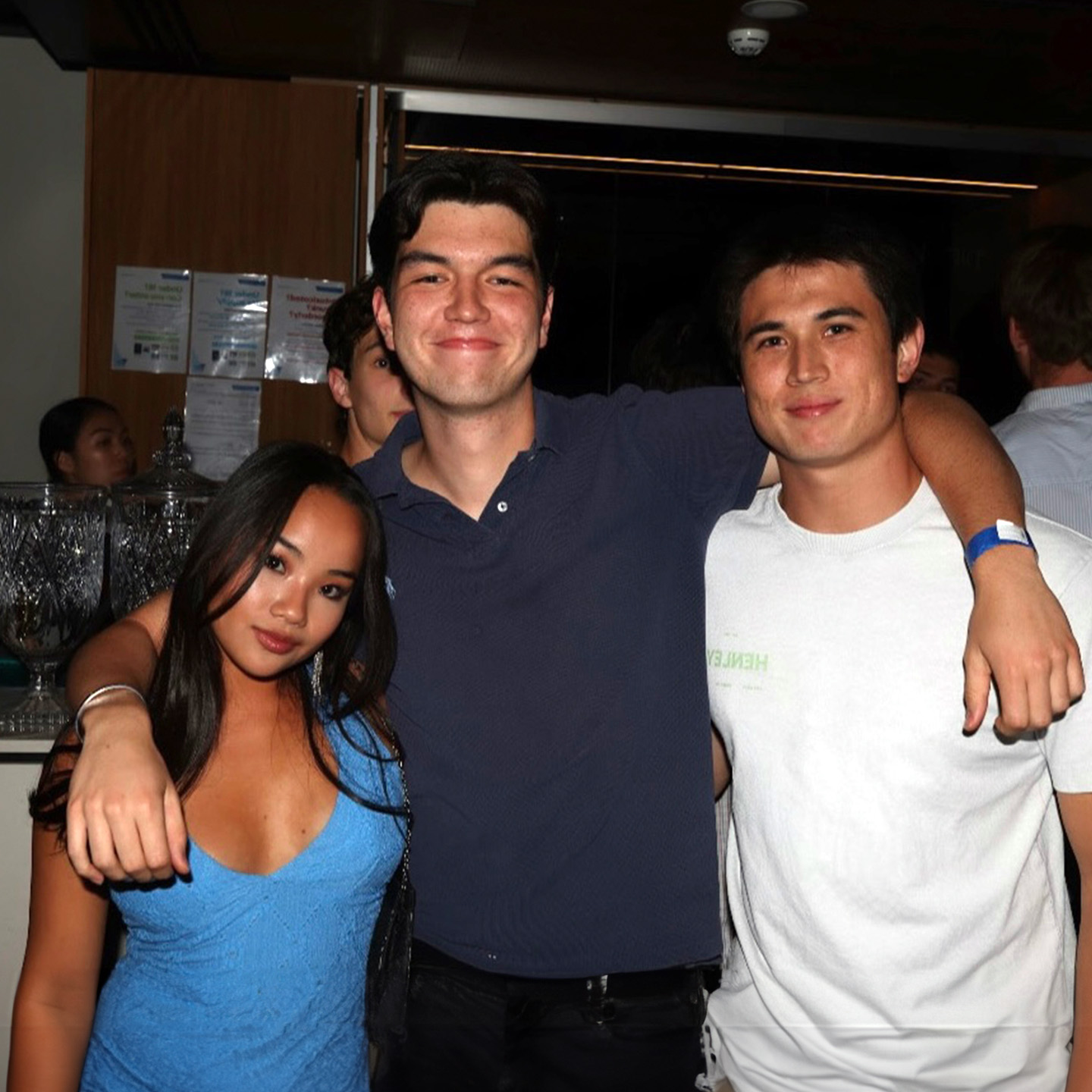
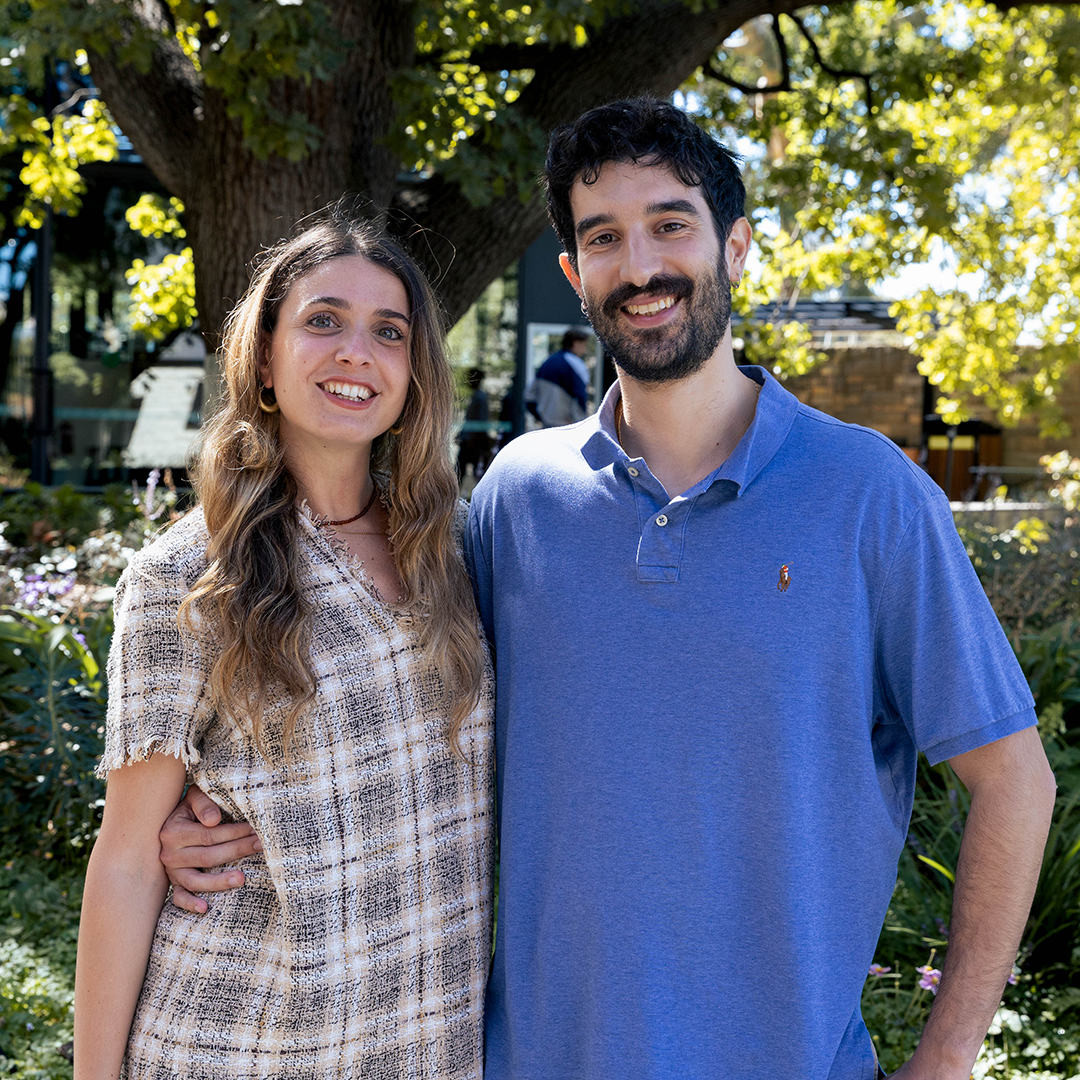
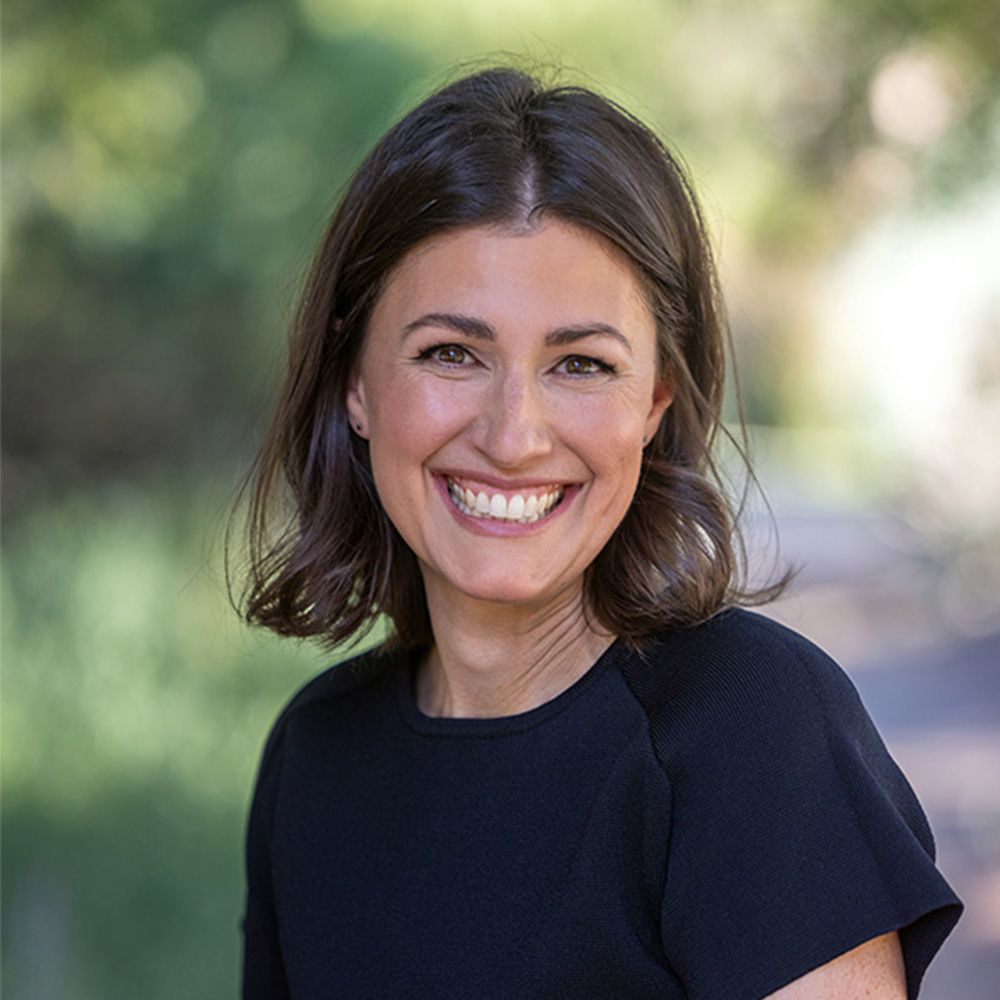
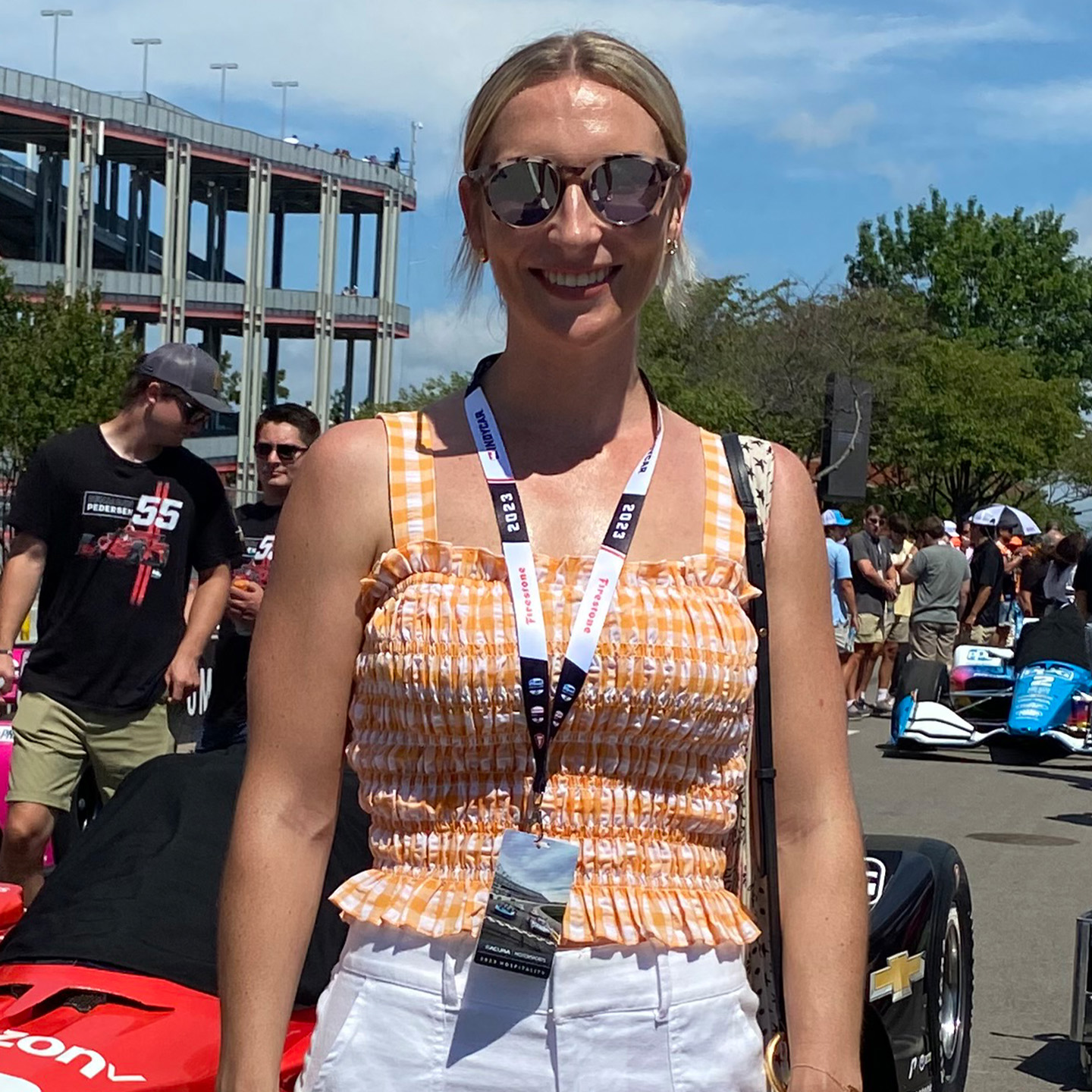

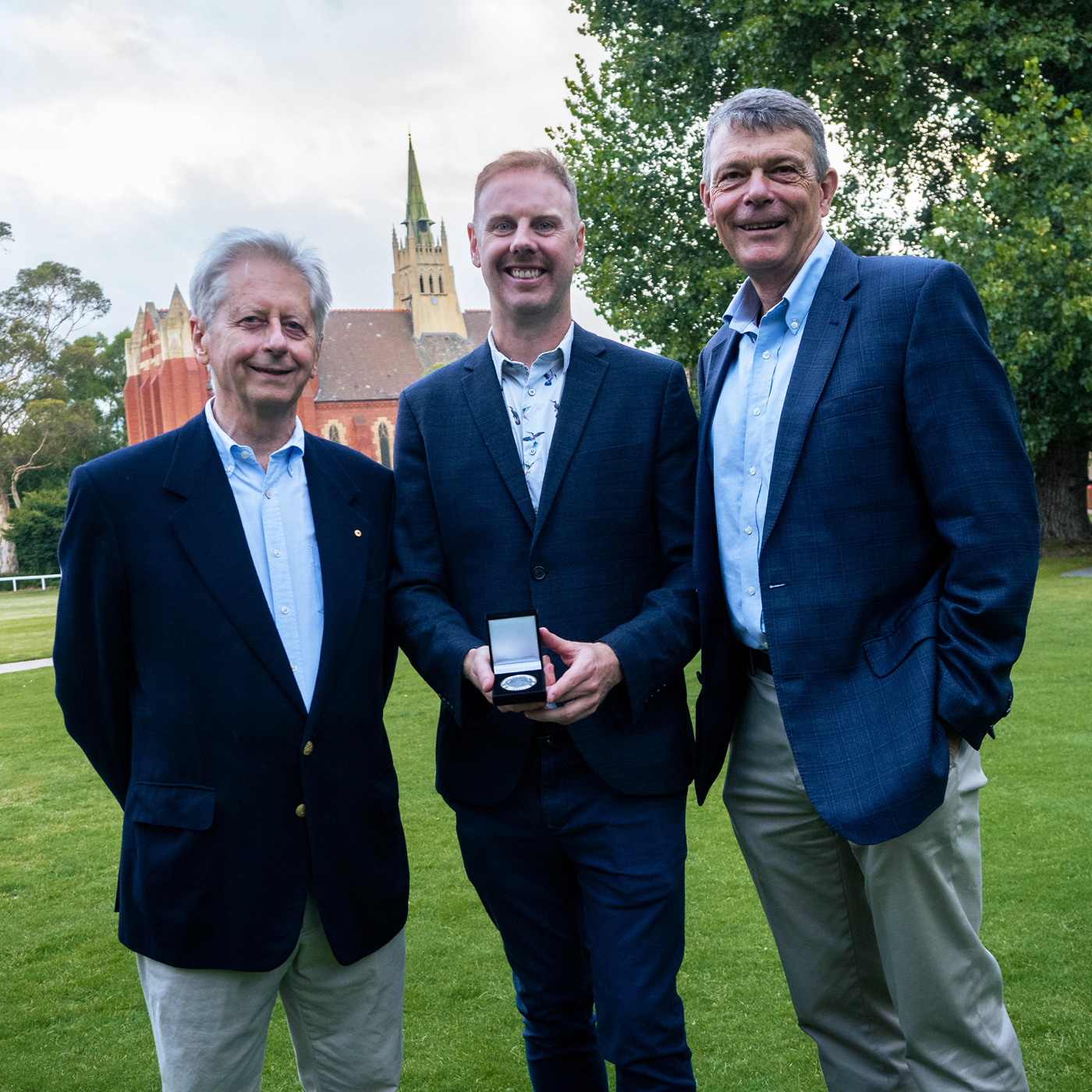
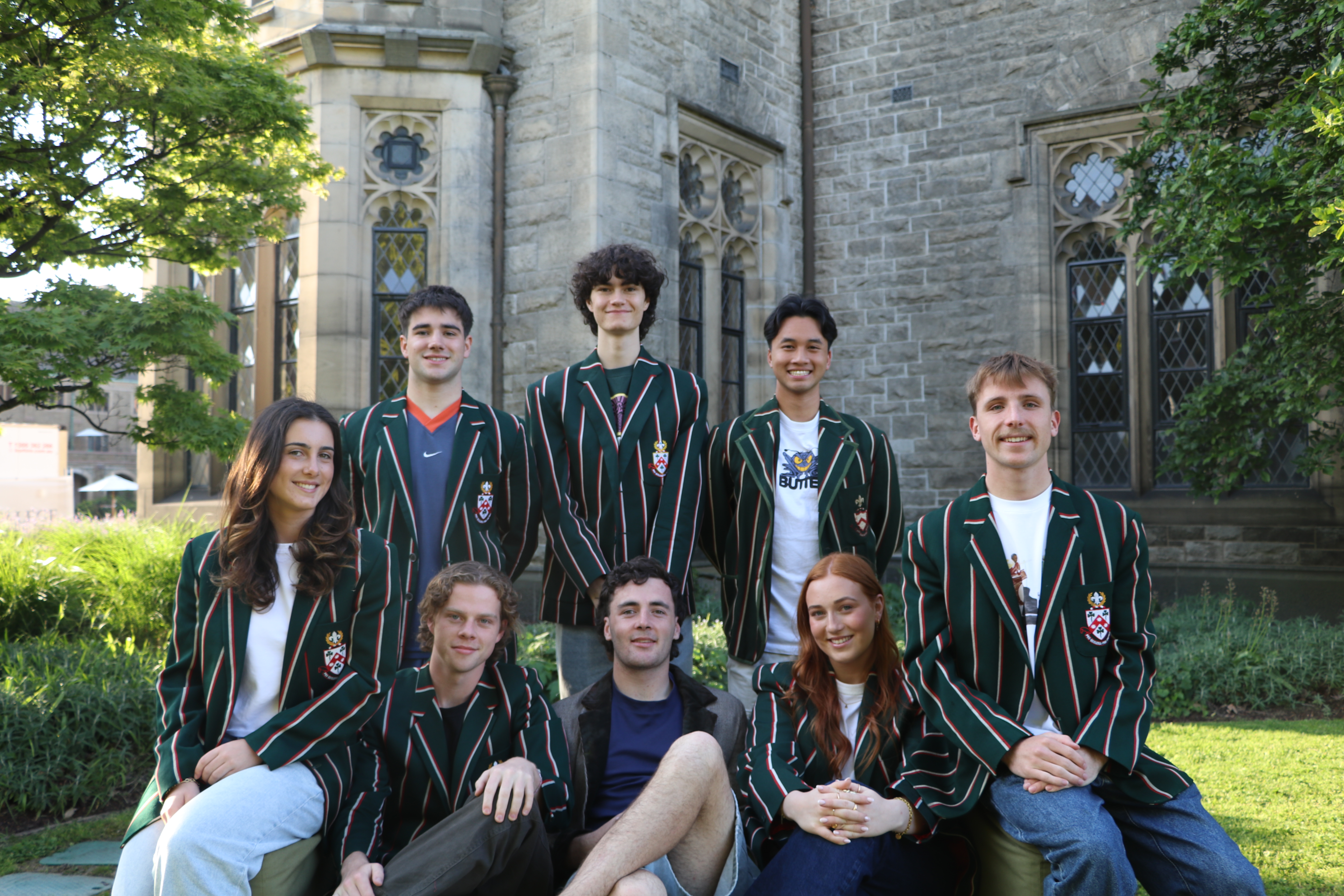

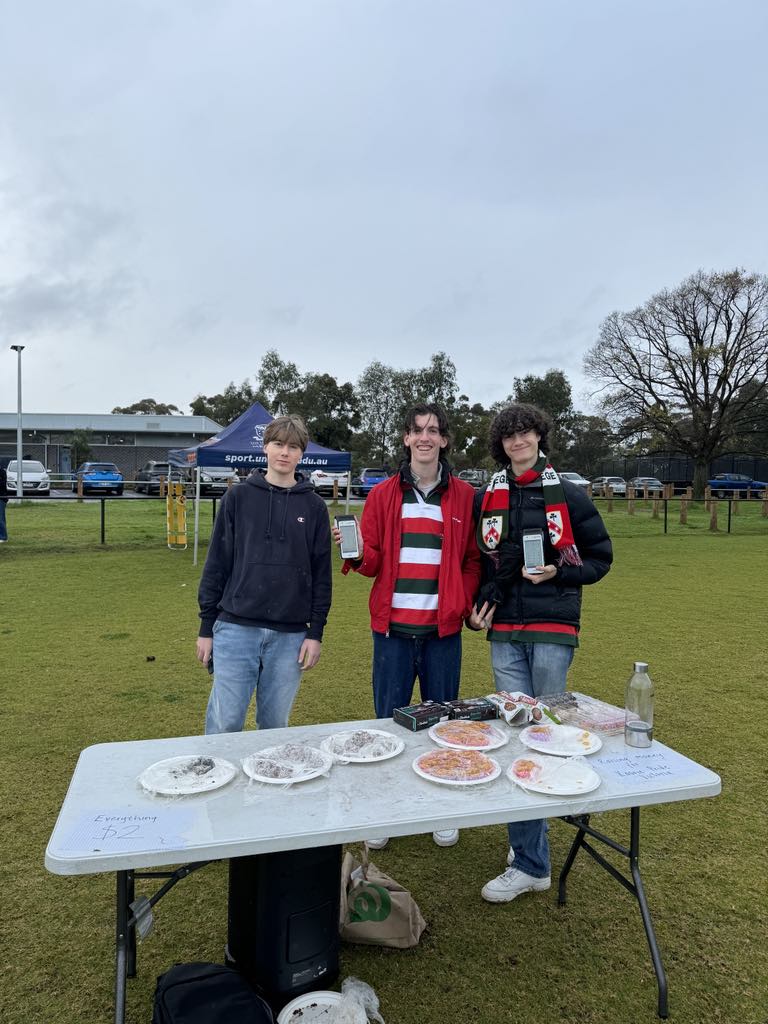
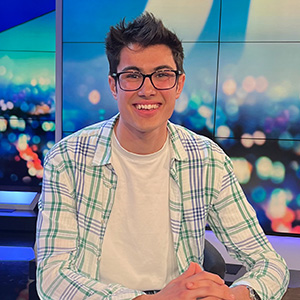
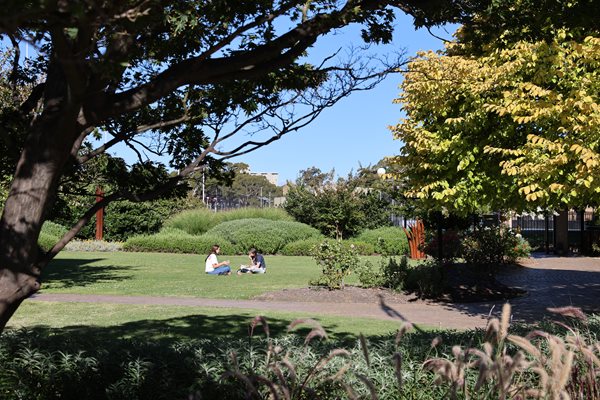
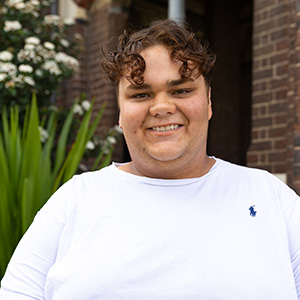
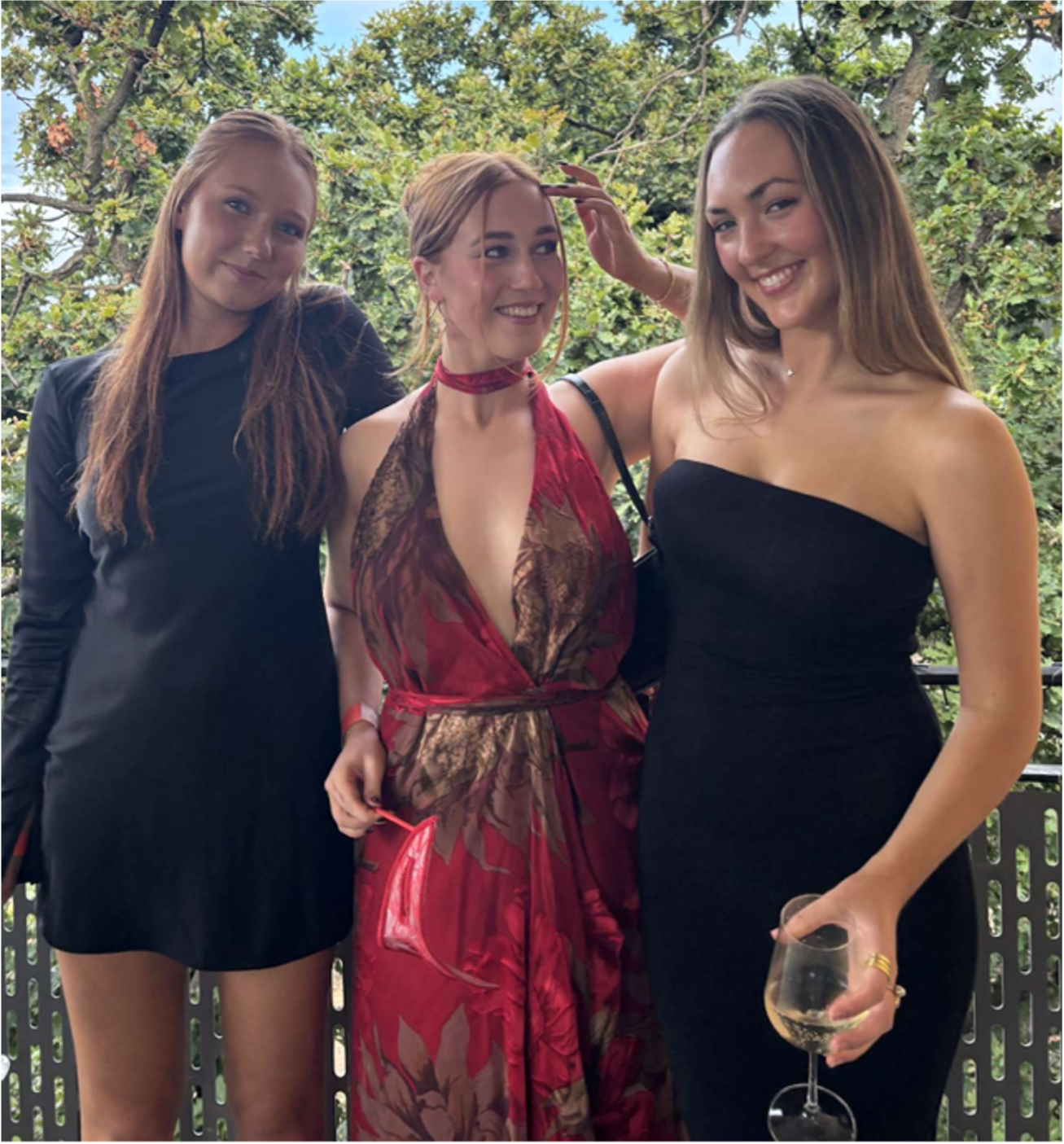
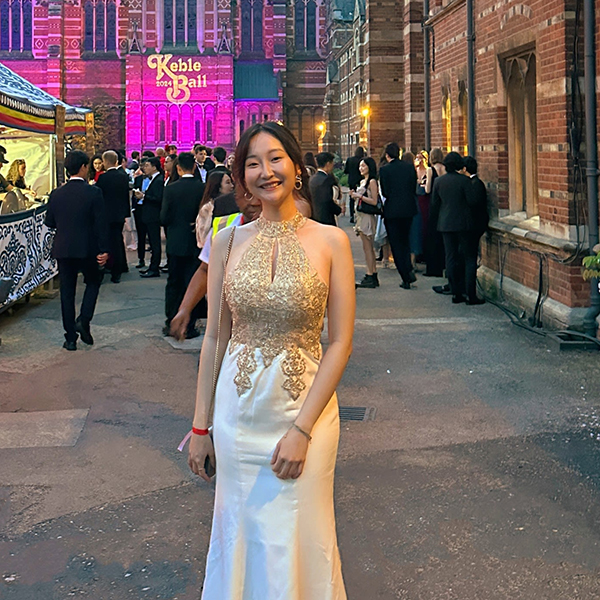
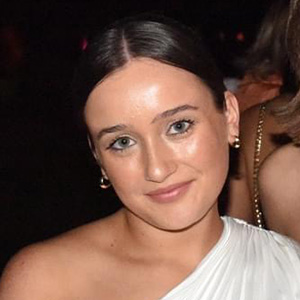
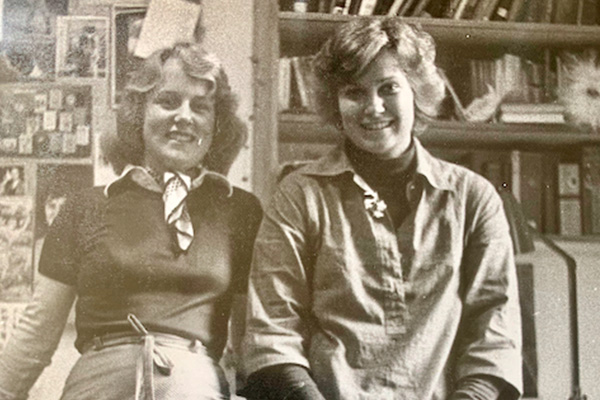
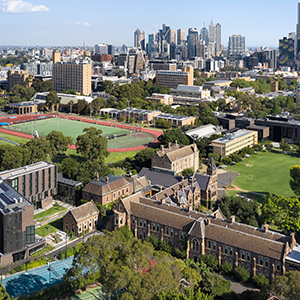
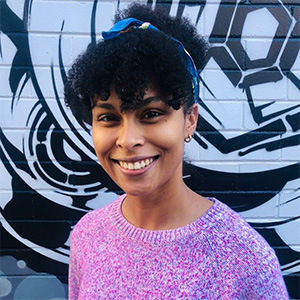
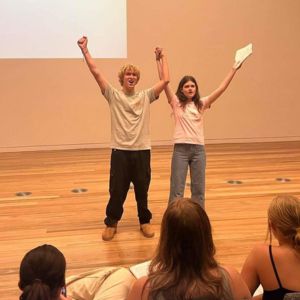
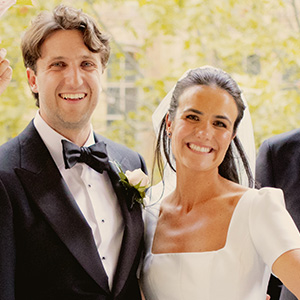
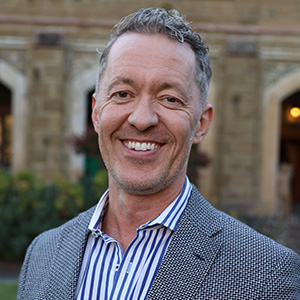
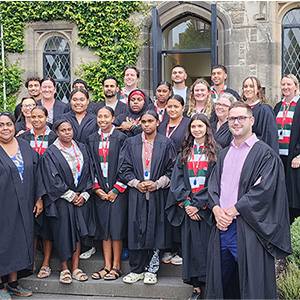
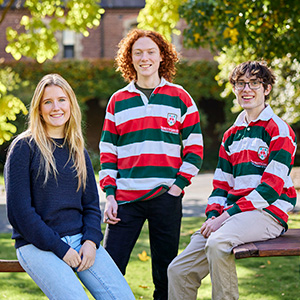
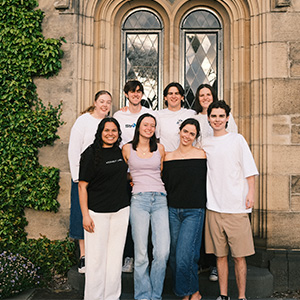
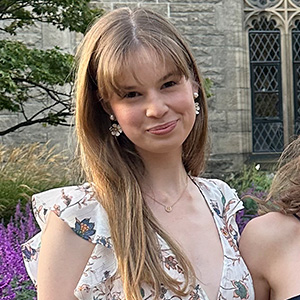
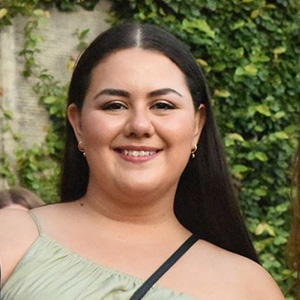
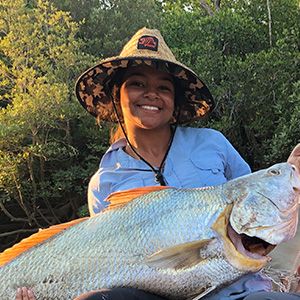
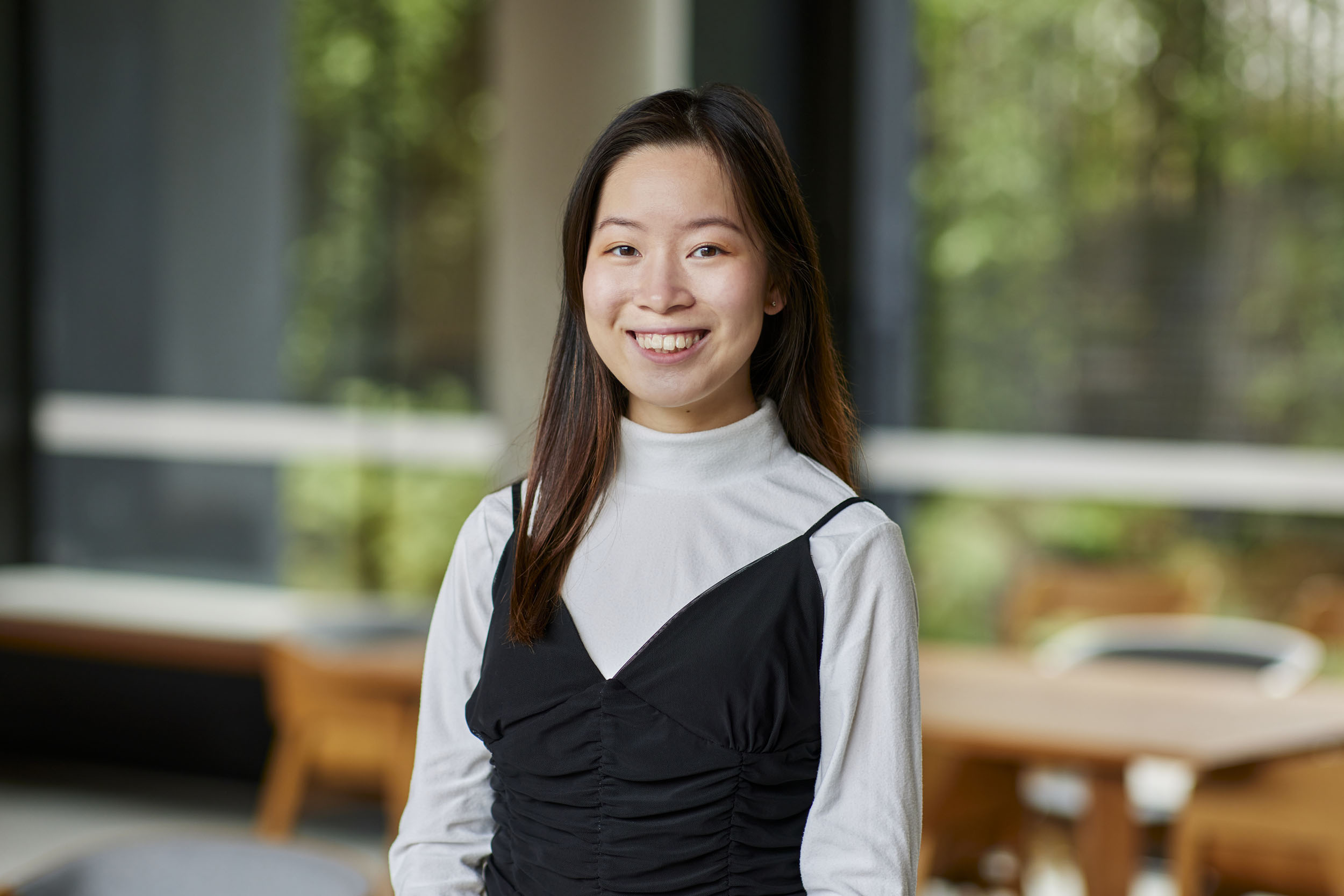
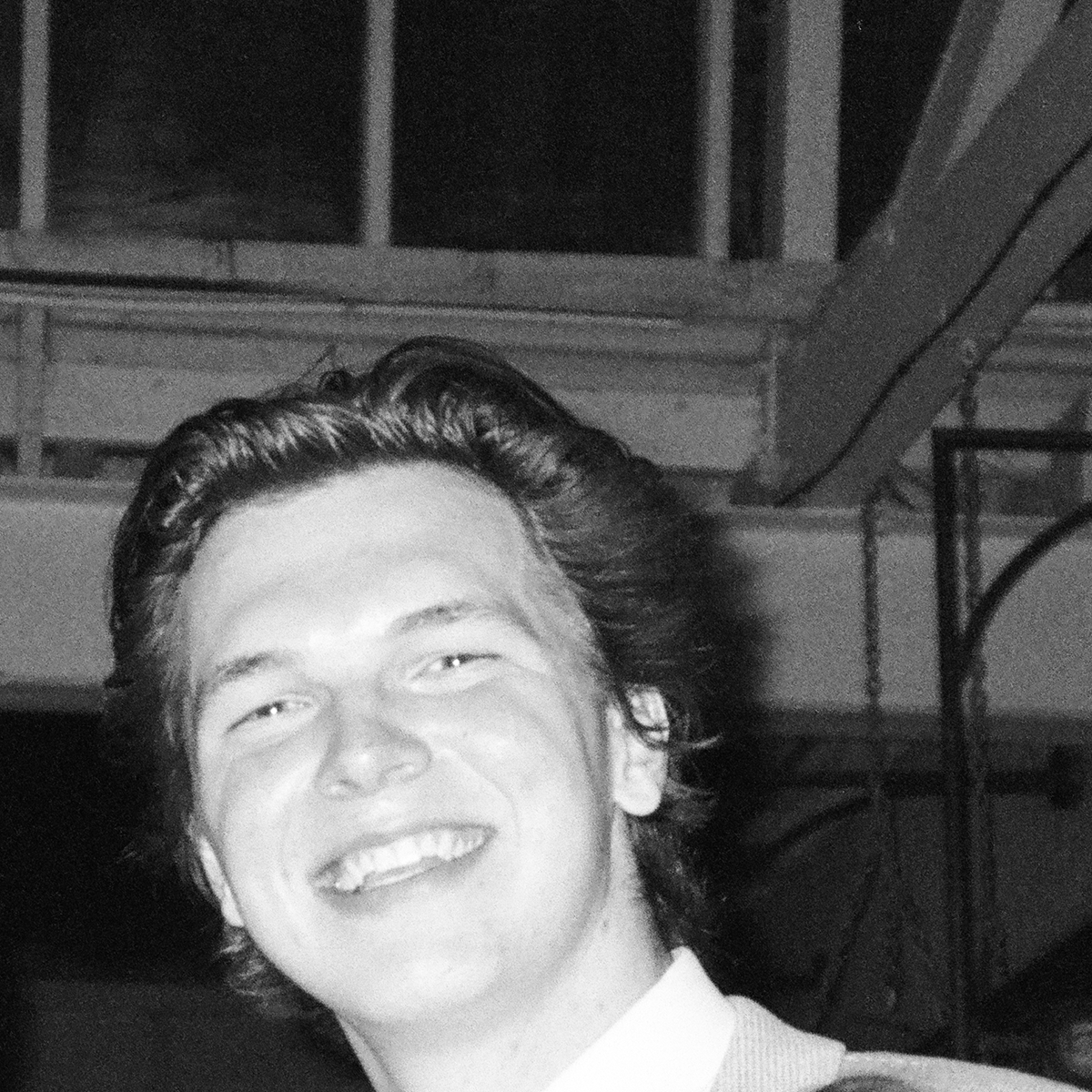
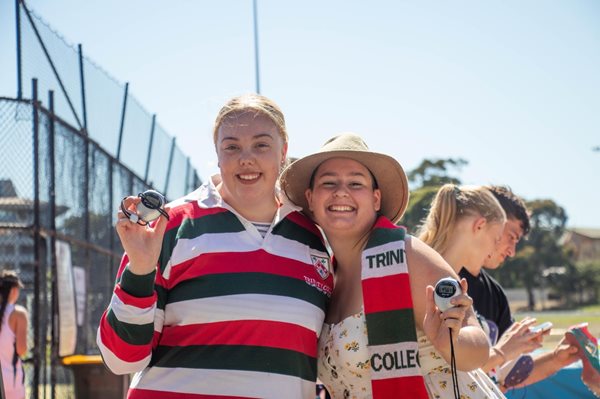
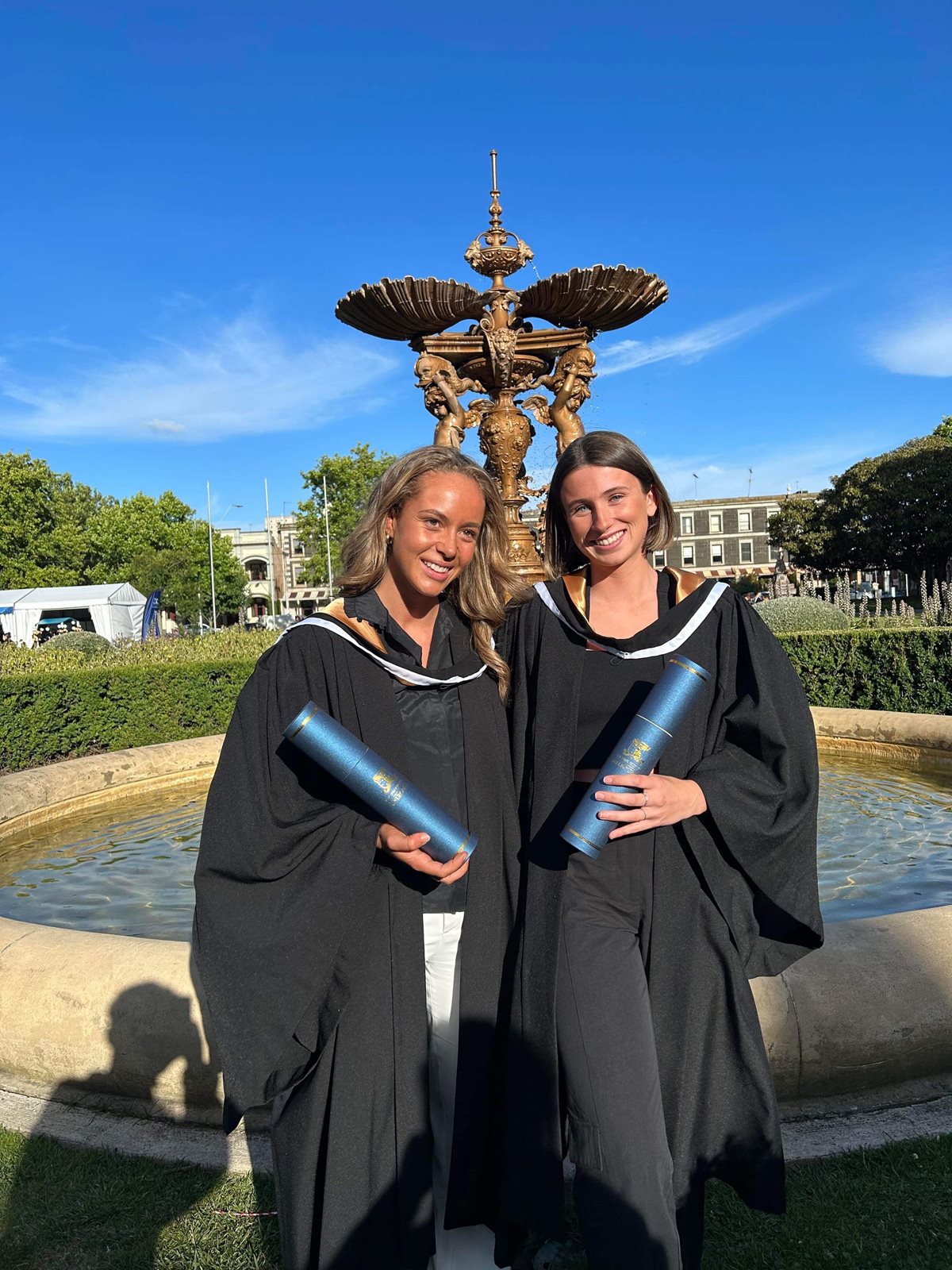
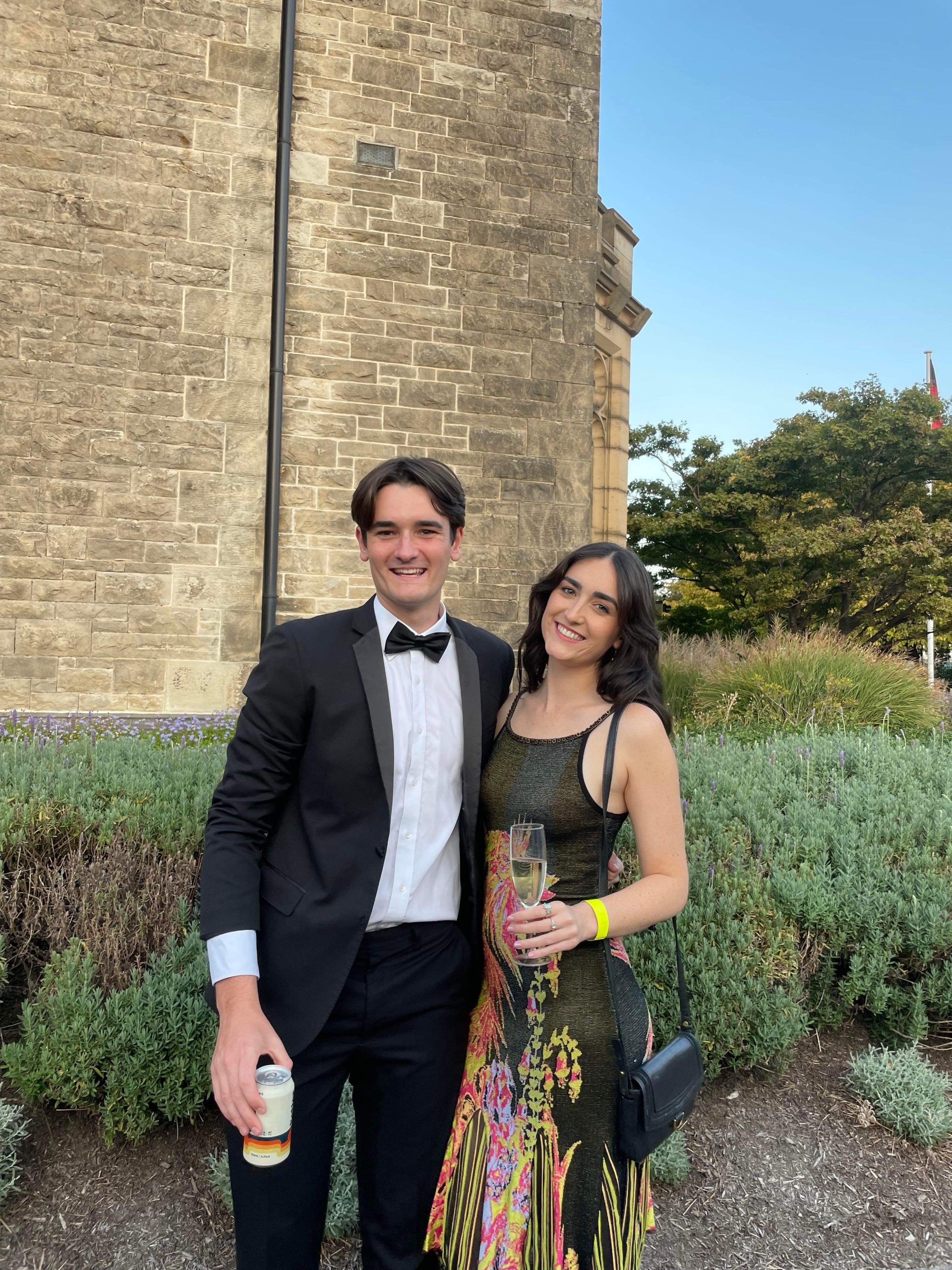
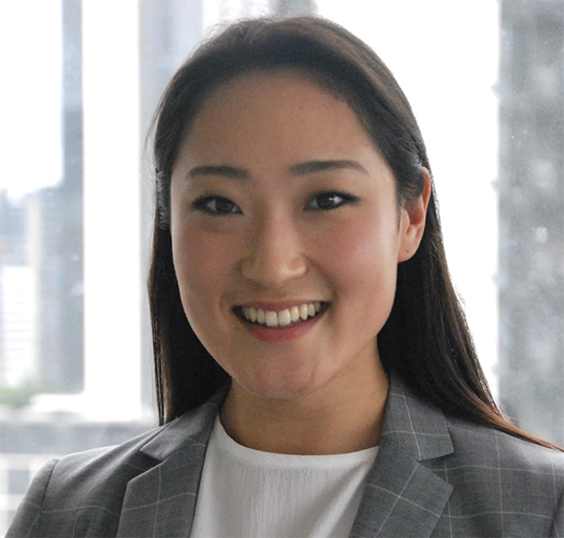
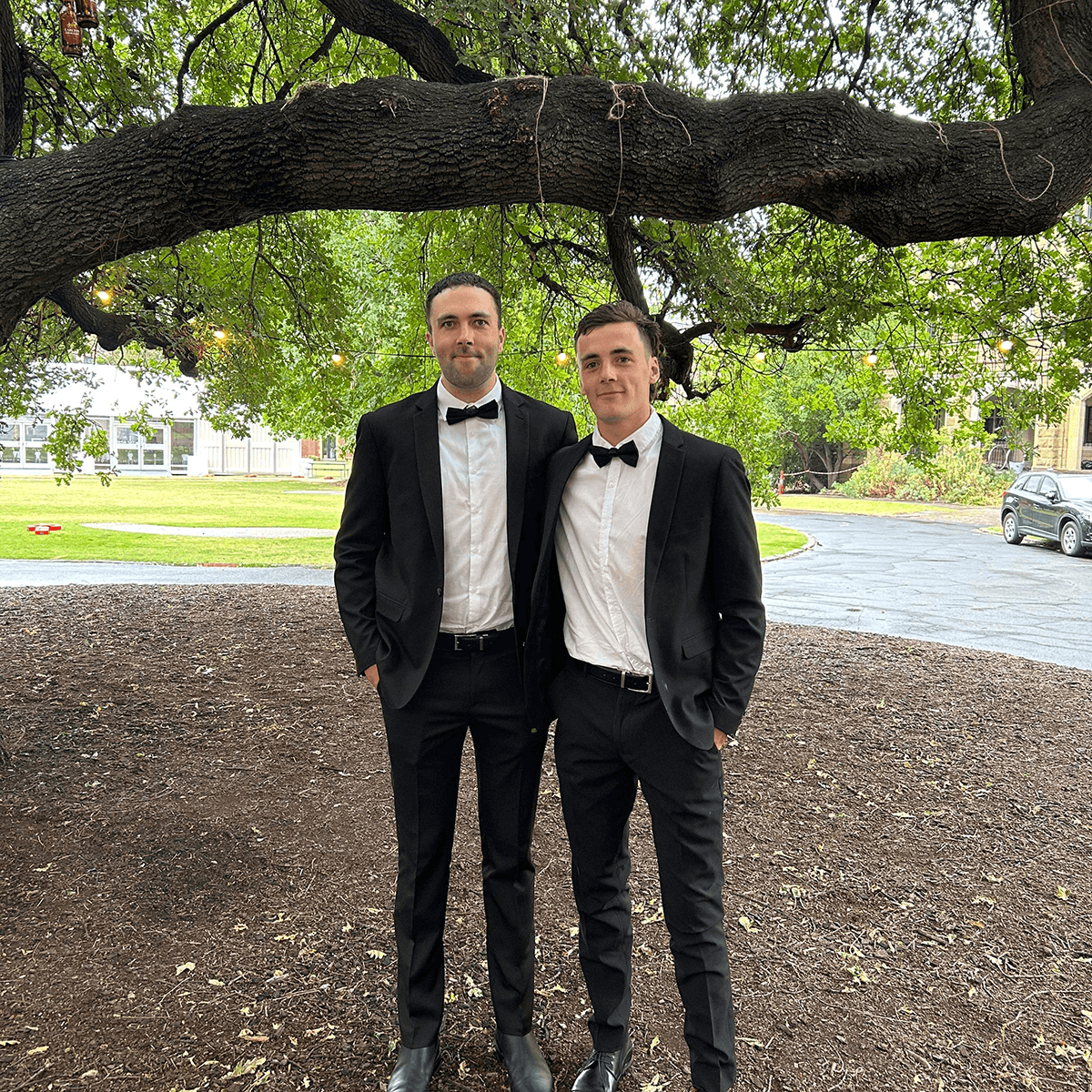.png?width=1200&height=1200&ext=.png)
